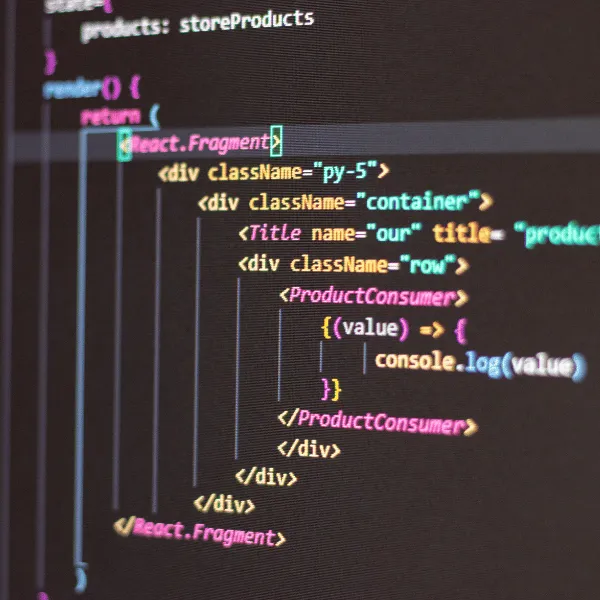Owning a home is a dream for many, but the prospect of saving for a substantial down payment can seem daunting. Fortunately, low down payment mortgages offer a pathway to homeownership for those who may not have a large sum of money upfront. With a low down payment mortgage, you can secure your dream home while minimizing the financial burden.
This guide will provide you with a comprehensive overview of low down payment mortgages, empowering you to make informed decisions as you embark on your homeownership journey. We'll delve into the different types of low down payment mortgages available, their benefits and drawbacks, and the eligibility requirements you need to meet. Additionally, we'll provide valuable tips for saving for a down payment and navigating the mortgage application process.
Whether you're a first-time homebuyer or looking to upgrade your current living situation, this guide will equip you with the knowledge and confidence you need to achieve your homeownership goals with a low down payment mortgage. Let's dive in and unlock the door to affordable homeownership!
What Types of Low Down Payment Mortgages Are Available?
There are several types of low down payment mortgages available, each with its own unique features and requirements:
-
FHA loans: Backed by the Federal Housing Administration, FHA loans allow for down payments as low as 3.5%. They are a popular option for first-time homebuyers and those with lower credit scores.
-
VA loans: Available to active-duty military members, veterans, and eligible surviving spouses, VA loans offer 100% financing, meaning no down payment is required.
-
USDA loans: Designed for low- and moderate-income borrowers in rural areas, USDA loans offer down payments as low as 0%.
-
Conventional loans: Offered by private lenders, conventional loans typically require a down payment of at least 5%. However, some lenders may offer low down payment options for well-qualified borrowers.
What Are the Benefits of a Low Down Payment Mortgage?
-
Lower upfront costs: A low down payment mortgage reduces the amount of money you need to save upfront, making it easier to qualify for a home loan.
-
Expanded homeownership opportunities: Low down payment mortgages open up homeownership to a wider pool of buyers, including first-time homebuyers and those with limited savings.
-
Potential for equity building: As you make mortgage payments, you build equity in your home, even if you have a low down payment.
What Are the Drawbacks of a Low Down Payment Mortgage?
-
Higher mortgage insurance: FHA loans and some conventional loans require private mortgage insurance (PMI), which can increase your monthly payments.
-
Limited loan amounts: Low down payment mortgages may have lower loan limits than traditional mortgages, which can restrict your home search.
-
Potential for higher interest rates: Loans with lower down payments may come with slightly higher interest rates, resulting in higher overall borrowing costs.
How Can I Save for a Down Payment?
-
Create a budget: Track your income and expenses to identify areas where you can cut back and save more.
-
Set financial goals: Determine how much you need to save for a down payment and set realistic savings goals.
-
Automate savings: Set up automatic transfers from your checking to a dedicated savings account.
-
Explore down payment assistance programs: Research government-sponsored programs and local initiatives that may provide down payment assistance to eligible homebuyers.
How Do I Qualify for a Low Down Payment Mortgage?
-
Meet credit score requirements: Lenders typically have minimum credit score requirements for low down payment mortgages.
-
Provide proof of income: Lenders will need to verify your income and employment status to assess your ability to repay the loan.
-
Have a low debt-to-income ratio: Your debt-to-income ratio measures how much of your monthly income goes towards debt payments. Lenders prefer borrowers with low debt-to-income ratios.
-
Meet the loan-to-value ratio: The loan-to-value ratio (LTV) compares the loan amount to the home's value. Lenders typically prefer LTVs below 80% for low down payment mortgages.
By understanding the different types of low down payment mortgages available, considering the benefits and drawbacks, and taking steps to save for a down payment, you can increase your chances of achieving your homeownership goals.
FAQs
Q: What is the minimum down payment required for a low down payment mortgage?
A: The minimum down payment required for a low down payment mortgage varies depending on the type of loan. FHA loans allow for down payments as low as 3.5%, while VA loans offer 100% financing with no down payment required. USDA loans may also have down payment requirements as low as 0% for eligible borrowers.
Q: Do I need to have perfect credit to qualify for a low down payment mortgage?
A: No, you do not need to have perfect credit to qualify for a low down payment mortgage. However, lenders typically have minimum credit score requirements, which vary depending on the type of loan and lender. FHA loans have more lenient credit score requirements than conventional loans, making them a good option for borrowers with lower credit scores.
Q: How can I improve my chances of getting approved for a low down payment mortgage?
A: To improve your chances of getting approved for a low down payment mortgage, you can focus on improving your credit score, reducing your debt-to-income ratio, and saving as much money as possible for a down payment. Lenders prefer borrowers with stable employment, a history of on-time payments, and a low amount of outstanding debt.
Q: Are there any closing costs associated with a low down payment mortgage?
A: Yes, there are closing costs associated with all mortgages, including low down payment mortgages. Closing costs typically include lender fees, title insurance, appraisal fees, and other administrative expenses. These costs can vary depending on the lender, the loan amount, and the location of the property.
Q: How can I find a lender that offers low down payment mortgages?
A: You can find lenders that offer low down payment mortgages by researching online, contacting local banks and credit unions, and working with a mortgage broker. It's important to compare loan options and interest rates from multiple lenders to secure the best deal for your financial situation.
Conclusion
Achieving your homeownership goals is possible with a low down payment mortgage. By understanding the different loan options available, considering the benefits and drawbacks, and taking steps to prepare financially, you can increase your chances of securing a mortgage that meets your needs.
Remember, homeownership is a significant financial commitment, so it's crucial to carefully consider your budget and long-term financial goals before making a decision. It's also advisable to consult with a mortgage professional to discuss your specific situation and explore all available options.
As you embark on your homeownership journey, remember that you're not alone. There are numerous resources and programs available to assist you, including government-backed loans, down payment assistance programs, and financial counseling services.
We encourage you to continue researching, exploring your options, and seeking professional advice as needed. Owning a home is a rewarding experience, and with careful planning and preparation, you can make your dream a reality.
External Resource:
Invitation to Comment and Share
Have you considered a low down payment mortgage? What questions or concerns do you have about the process? Share your thoughts and experiences in the comments below, and feel free to share this article with anyone who may find it helpful. Together, we can empower more people to achieve their homeownership goals.




